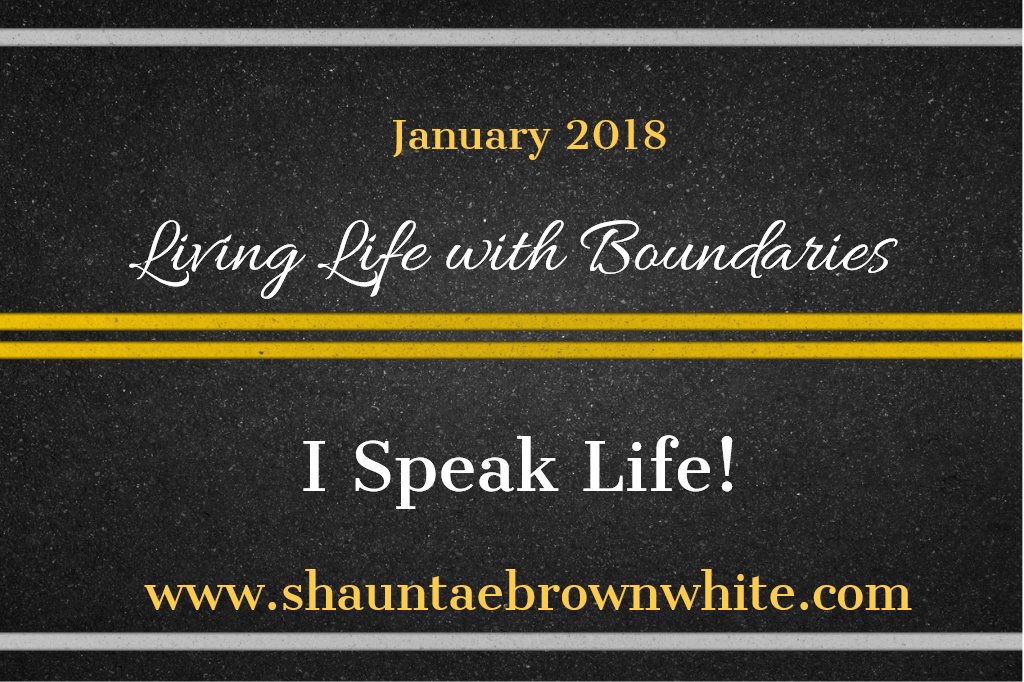Happy New Year Speak Lifers!
I have a confession. Since Thanksgiving, I’ve been off the wagon…the food wagon that is. I am a fairly disciplined and healthful eater. I say fairly because I do have the middle-aged, mid-section roll that is evidence of indulging in carbs, sugar and fat from time to time. They taste so darn good! More often, than not, I try to make healthy eating choices. Since Thanksgiving, though, I have been on a downward spiral of eating what and how much I want. “It’s the holidays.” “A bowl of ice cream will help me read and grade these final semester papers.” “I am on semester break.” “The girls are home on Christmas break, and they need snacks in the house.” (We all know when kids are at home they eat way more than they ever do than when they go to school.) “I deserve it!” These excuses helped me to rationalize and justify my choices. The real reason; however, is me. There are some things I just don’t bring in the house because I know that I cannot say “no.” Utz No Salt (yes, I prefer those to salt) potato chips for one. Yet, I violated that rule over the last 5 weeks.
Is this blog post about a New Year’s resolution to get back on the wagon and lose weight? Nope. It’s about boundaries and why they are good for us. A boundary is a mark or line that puts limits on an area; it fixes or limits a range. Once I removed the food choice boundaries I usually use (i.e. trying to eat more plant-based foods, being conscious and aware of my choices—if I eat a bagel for breakfast, I should skip the cake someone brought to the office at lunch, etc.) everything was a free for all. I had no guidelines. No limits. No boundaries. While everything I ate I did enjoy, I can say my body does feel more sluggish. Thus, the reality is boundaries can feel restrictive, but in the long run they are good for us.
For the month of January, we are going to talk about living life with boundaries on the I Speak Life! blog. We will discuss boundaries as a form of self-care. Forget the Calgon bubble bath or other expressions of capitalistic self-indulgence, protecting your devotional time with God; learning to say both “yes” and “no,”; establishing a standard for how you will talk to people which in turn demonstrates how you expect to be talked to are all forms of self-care. We will discuss boundaries in our interpersonal relationships—in marriage, in parenting and at work. Finally, we will raise the question for a disciple of Christ: is it true forgiveness to forgive a person who has wronged us and establish boundaries because we do not trust him or her?
What boundaries do you need to establish or re-evaluate in your life? Join me these next few weeks as we explore healthy boundaries that help us keep our sanity, bring clarity to our relationships and glorifies God.







